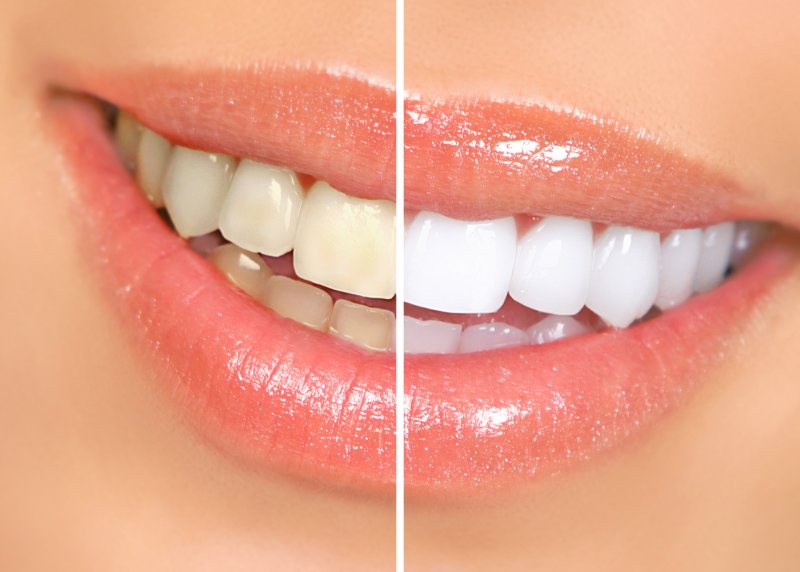
While smart eating decisions and excellent oral hygiene practices are proven ways to prevent many dental health issues, some people may have trouble keeping their teeth in good shape even if they have the best habits. In some cases, this may be due to genetic factors, and some individuals may need extra care from their dentist to keep their smiles healthy. Here’s a quick look at a few oral health issues that can be genetic and how your dentist can help preserve your grin.
Yellow Teeth
Healthy human teeth are usually a slightly yellowish shade of off-white, but a smile can become excessively yellow due to a variety of factors. While this discoloration can be the result of stains or plaque accumulation, it can also be due to a person being genetically predisposed to thin enamel. This can cause the teeth’s yellowish underlayer of dentin to show more clearly through the translucent white outer layer of enamel, giving the smile a yellower appearance.
Thankfully, your family dentist can address this issue with treatments such as teeth whitening, which can lift stubborn stains and leave the smile up to eight shades whiter. Veneers can also address discoloration by concealing stains with customized restorations that mimic natural enamel.
Misshapen Teeth
Teeth that are short, stubby, or small can be distracting and may leave unsightly gaps in a person’s smile. While unshapely teeth can be the result of childhood habits or oral injuries, some people may have them due to genetic factors. Fortunately, your family dentist can reshape misshapen teeth using restorations such as veneers or dental crowns. These devices are designed to cover troubled teeth and rebuild dental structure lost to injury or decay, but they can also conceal defects like stains, gaps, chips, cracks, and stubbiness.
Gum Disease
Gum disease may be the result of poor oral hygiene, but certain genetic conditions such as diabetes can make one especially vulnerable to these unpleasant oral infections. While gum disease can usually be reversed in its early stages with improved brushing and flossing habits, more advanced cases will require periodontal treatments such as scaling and root planing. Your dentist will be happy to design a treatment plan that addresses your needs.
Your oral health professional is trained and equipped to address a wide range of dental health problems. Consulting with them can help you understand how to keep your teeth and gums in excellent condition.
About the Author
Dr. Marc Moulton earned his dental degree at the University of Alabama at Birmingham School of Dentistry and completed a one-year residency program with the Veterans Administration Hospital. He is proud to be a member of the American Dental Association, the American Academy of Cosmetic Dentistry, and the Alabama Dental Association. His office in Birmingham offers general, restorative, cosmetic, and emergency dentistry. To schedule your next checkup, contact his office on the web or dial (205) 988-3360.
